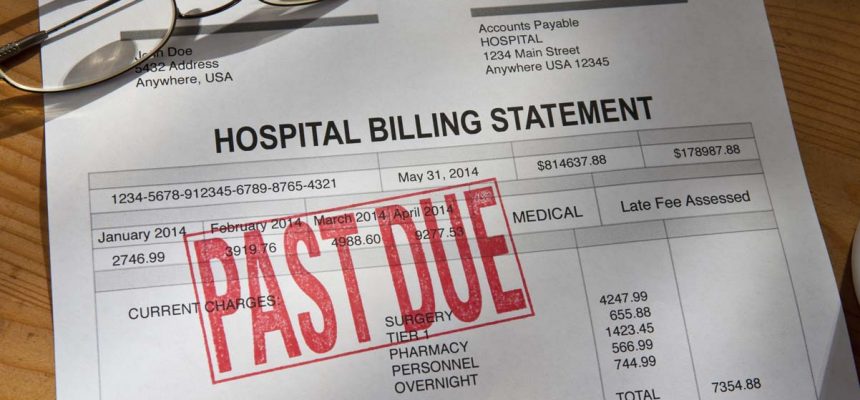Hospital Consolidation Leaves More Consumers in Debt
By Consumers for Quality Care, on November 6, 2024

Researchers at the Urban Institute found a correlation between medical debt and hospital consolidation, KFF Health News reports. According to the Urban Institute’s study, medical debt becomes more prevalent when the hospital market becomes more concentrated.
Researchers have long known that health care mergers do little, if anything, to benefit consumers. Rather, these mergers have been found to decrease competition, raise costs, and reduce the quality of patient care. This new study found that medical debt is another consequence of hospital consolidation, which occurs when hospitals merge or are acquired by larger systems.
“With fewer alternatives and higher prices, patients may have limited options to seek more affordable care. They might delay seeking treatment, potentially leading to worse outcomes and even higher medical debt in the future,” according to the report’s authors.
The study found that in areas where hospital consolidation had taken place, consumers were more likely to have a medical bill on their credit report, signaling medical debt. “While medical debt on credit reports declined across most U.S. counties between 2012 and 2022, increases in hospital market concentration prevented such improvements in many areas of the country,” the authors wrote.
The researchers said their findings should prompt policymakers to pay attention to how hospital consolidation contributes to the country’s growing medical debt crisis.
Decreased competition hurts consumers, often leading to fewer options for care and higher out-of-pocket costs, both of which could contribute to medical debt. CQC urges regulators and lawmakers to scrutinize consolidation in the health care system and work to ensure that consumers don’t foot the bill for anti-competitive practices.




